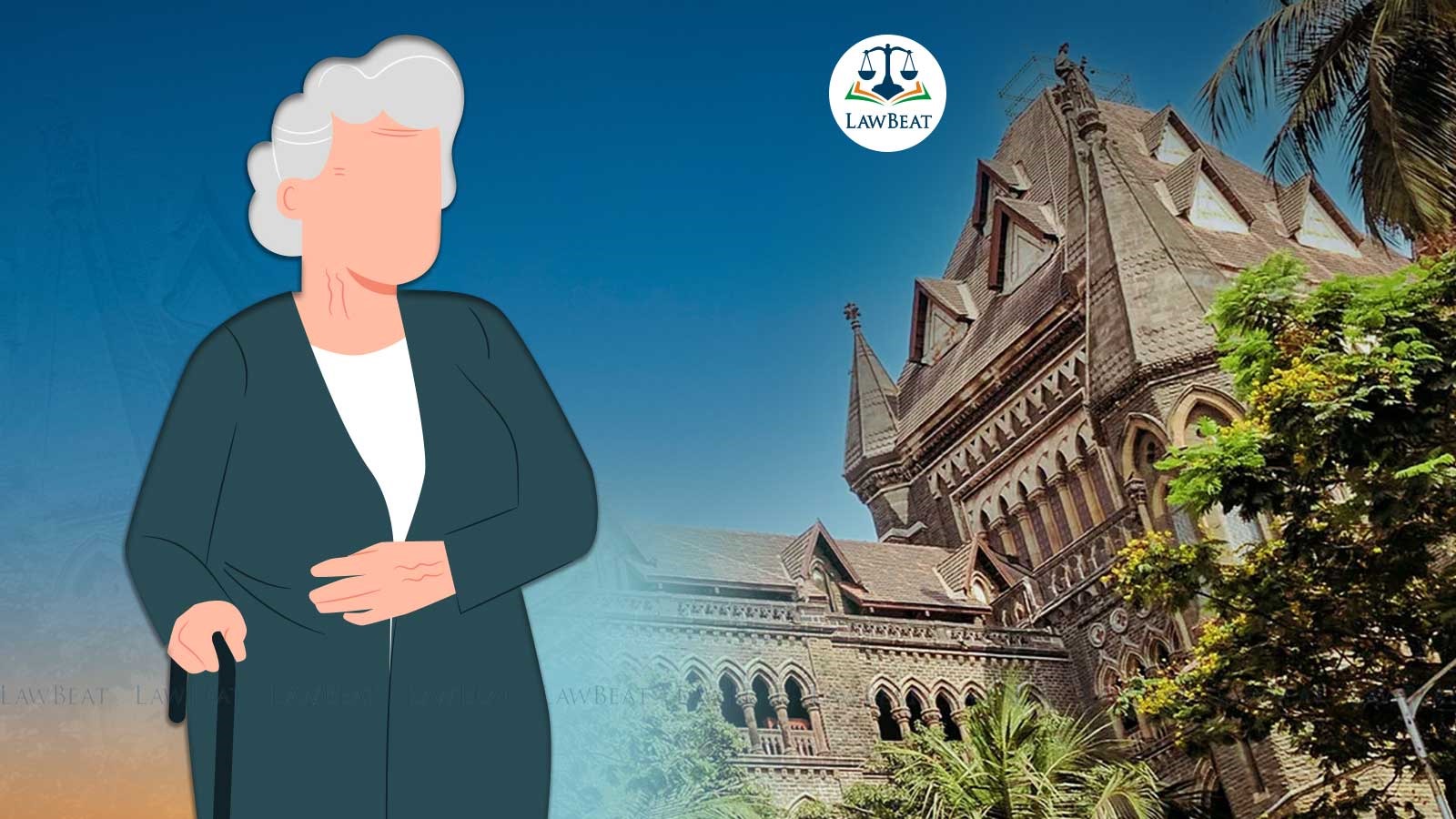Withering of Joint Family System Has Exposed Elderly People To Emotional Neglect & Lack of Financial Support: Bombay High Court

The bench, in its order, observed that it was unfortunate that the mother, in the twilight years of her life after her husband had passed away, had to resort to legal proceedings instead of receiving love
The Bombay High Court has recently observed that due to the withering of the joint family system, a large number of elderly people are exposed to emotional neglect and a lack of physical and financial support.
“..due to withering of the joint family system, a large number of elderly are not being looked after by their family, consequently, many older persons, particularly widowed women are now forced to spend their twilight years all alone and are exposed to emotional neglect and to lack of physical and financial support. That ageing has become a major social challenge and there is a need to give more attention to the care and protection for the older persons,” the order reads.
A division bench of the high court, comprising Justice GS Kulkarni and Justice Firdosh Pooniwalla, was hearing an petition filed by a son against the order of the Senior Citizens Maintenance Tribunal directing the son and his wife to vacate the house of the elderly mother.
The aged mother had approached the tribunal after she was driven out of the house when one of her sons, along with his wife, had visited her and refused to leave the house despite having their independent residence.
The mother was allotted the house by the Slum Rehabilitation Authority after the demise of her husband in 2015.
She alleged that her son wanted to illegally oust her to exclusively occupy her tenement to grab the property during her lifetime and to the exclusion of other siblings.
The tribunal ruled in favour of the mother and directed the son and his wife to vacate the premises.
Subsequently, the son approached the high court contending that there was no provision under the Senior Citizens Act of 2007 for any other person to file an appeal except the senior citizen.
He contended that he was disabled, and his wife was doing some small work, which was their only source of employment.
Therefore, he argued that the tribunal's order should be set aside, and he should be allowed to reside in the house.
The mother argued before the high court that the son and his wife started residing in her house without her consent.
She alleged that both of them refused to maintain her or provide any medical assistance, clothing, or shelter. Due to harassment, the mother had to move to her other son’s small house.
She contended that she did not have any source of income and is leading towards a miserable life in her old age. She submitted that the son had recovered from paralysis and was also employed after that.
The bench, in its order, observed that it was unfortunate that the mother, in the twilight years of her life after her husband had passed away, had to resort to legal proceedings instead of receiving love.
“At the outset, we may observe that it is most unfortunate that the mother in the twilight years of her life, after her husband had passed away, instead of receiving love, affection, care and empathy from her sons and their family members (barring the eldest son), was required to take recourse to legal proceedings in approaching the tribunal, being ousted by her son from her house. The feeling of being disowned by one of her sons itself has caused her a trauma. None of the parents should suffer this way. In one’s life, there is much more than material things. Proud would be the parents of such children who would have their own achievements on all fronts and not look at the wealth and money of their old parents,” the court observed.
The high court rejected the plea of the son, stating that it is settled law that during the lifetime of the parents, the children cannot assert any legal right whatsoever in respect of the property of their parents, claiming exclusive ownership or possession of the parent's property.
Regarding the right to appeal available only to a senior citizen, the high court stated that that the legislature, in its wisdom, has refrained from providing a right of appeal except to senior citizens. Therefore, it cannot be said that the petitioner has no legal remedy.
The high court directed the son and his wife to vacate the premises and hand it over to the mother within 15 days.
Mr. Harshal N. Mirashi for the petitioner/applicant.
Ms. P.J. Gavhane, AGP for the State.
Mr. Ajit M. Savagave for respondent no. 4
Case title: Dinesh Bhanudas Chandanshive vs State of Maharashtra & Ors
